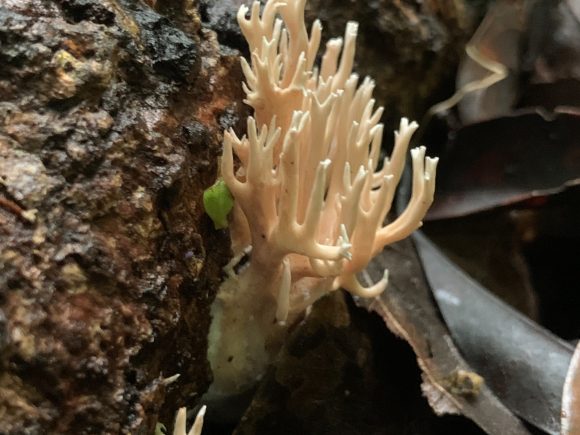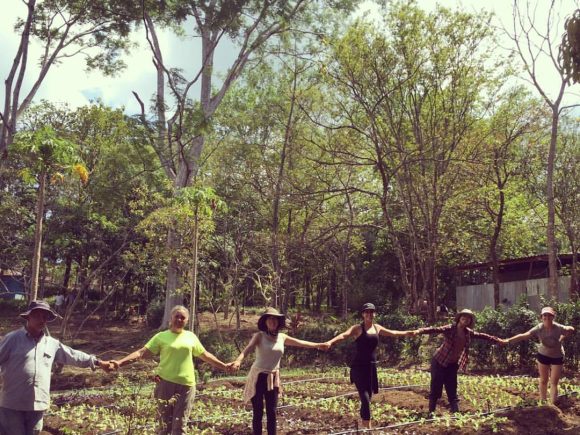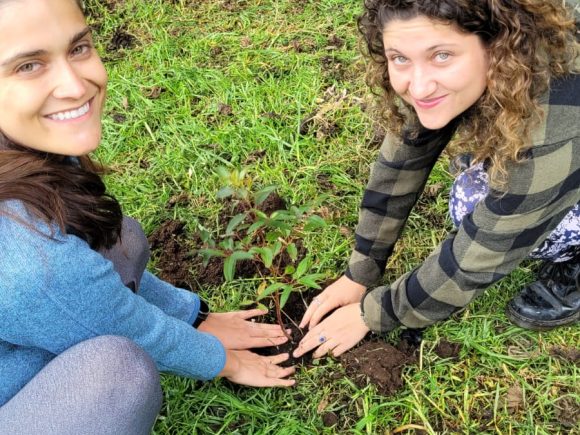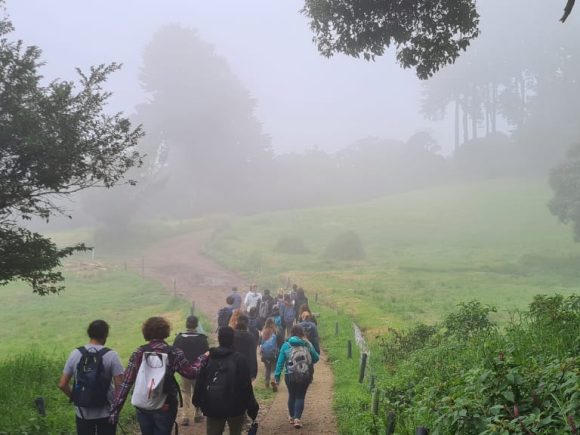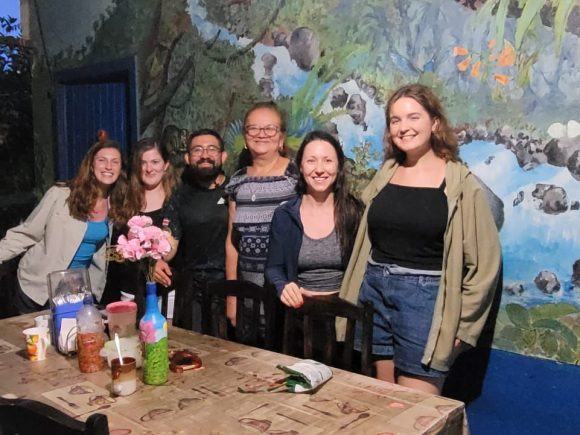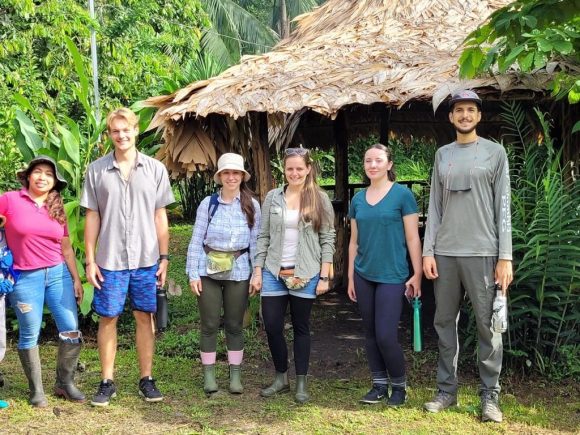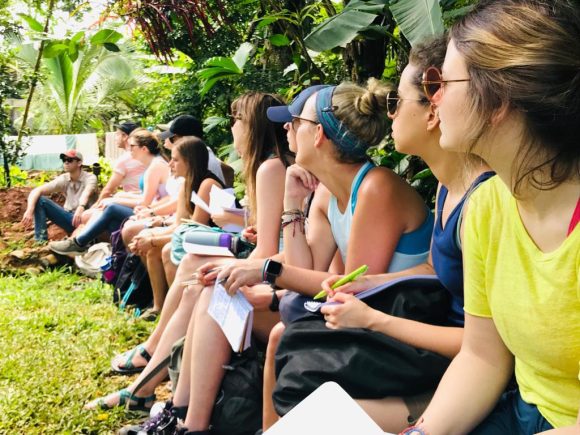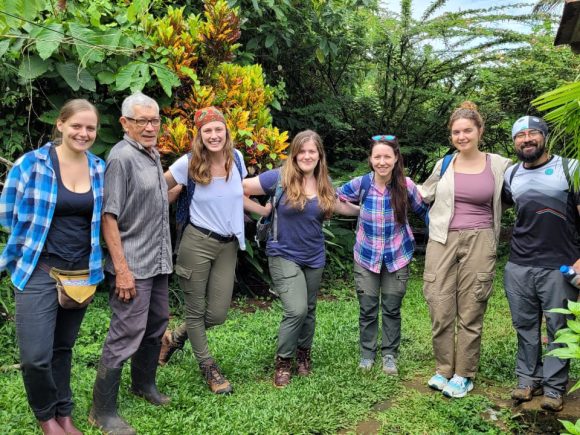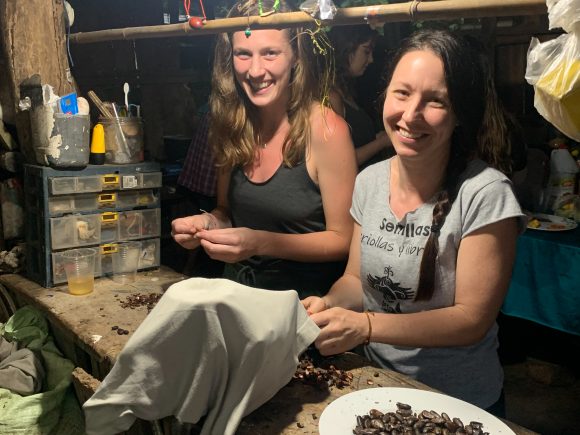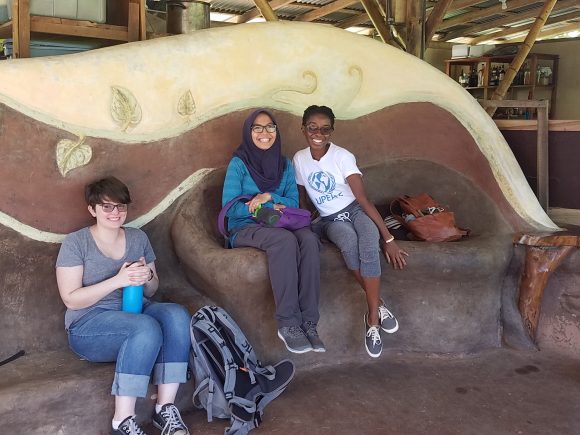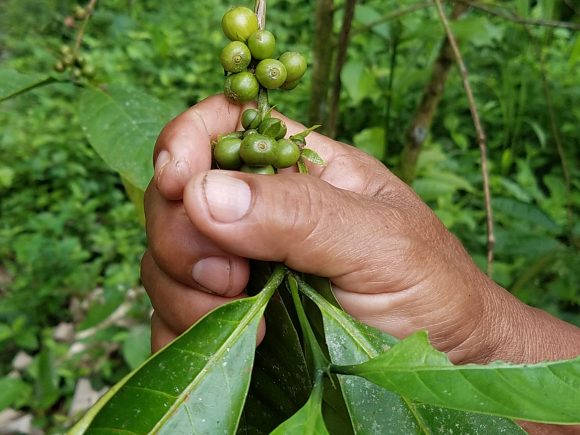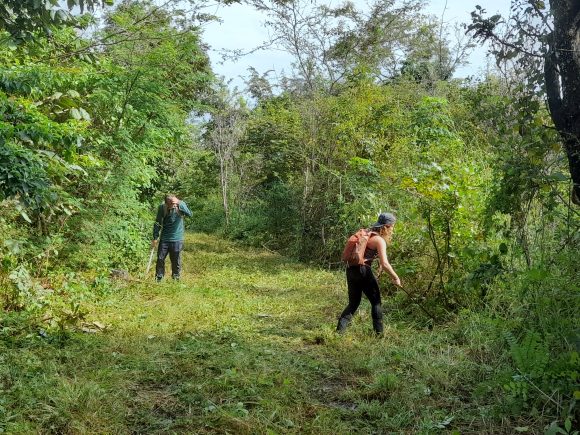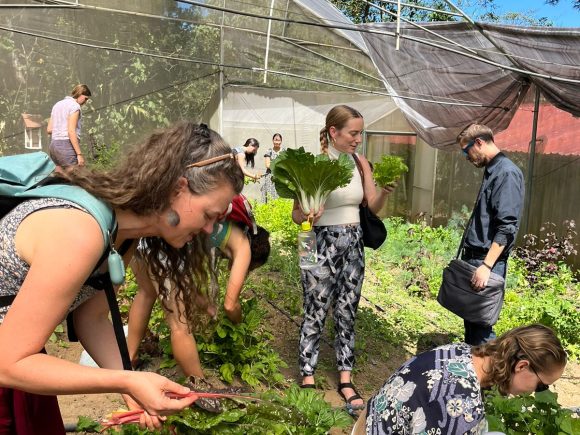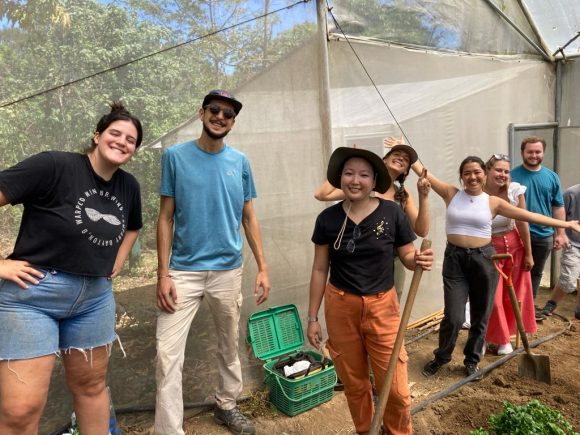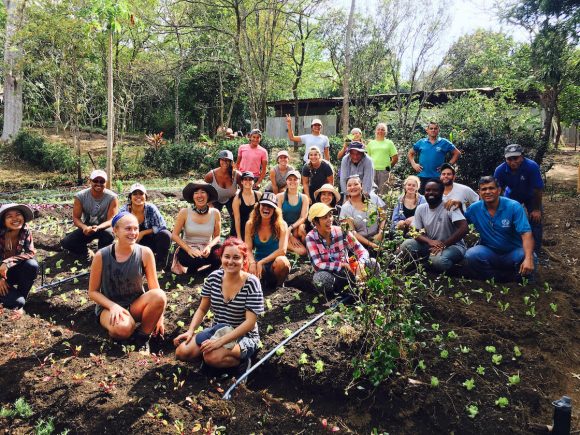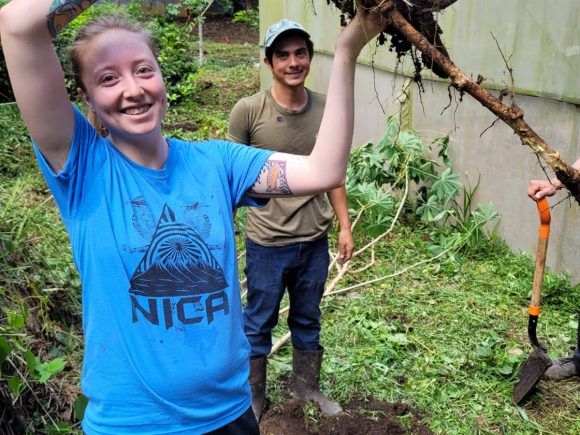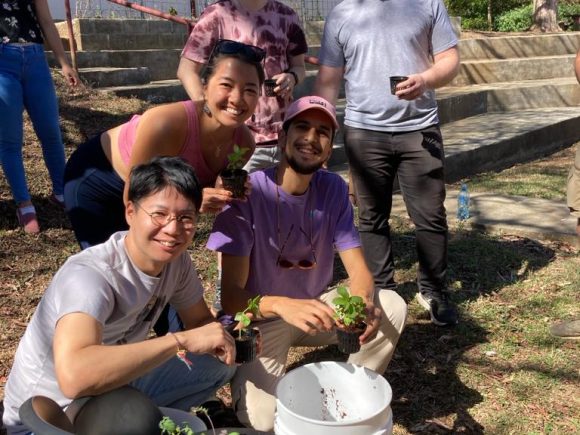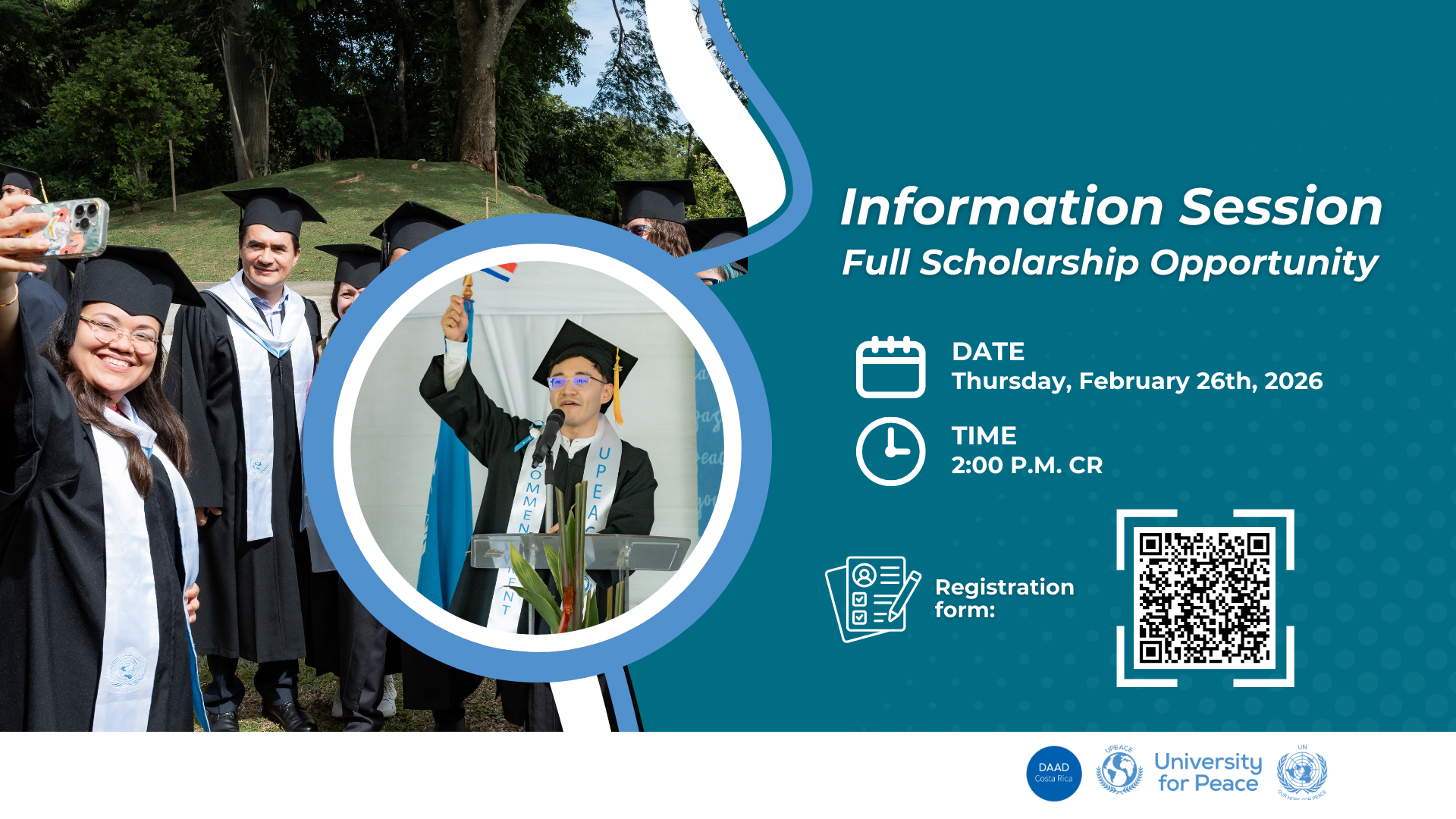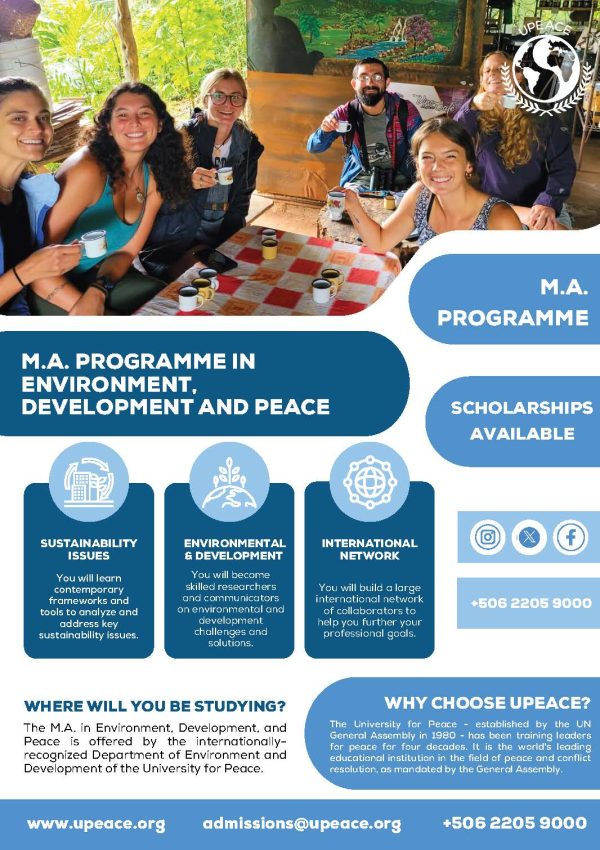M.A. in Environment, Development, and Peace
Modality
Face-to-face / Hybrid
Application Deadline
30 April 2026
M.A. in Environment, Development, and Peace
The Master of Arts Degree in Environment, Development, and Peace (EDP) provides comprehensive training in issues of sustainable development, environmental governance, natural resource management, and environmental conflicts from both ecological and social justice perspectives. It encompasses a broad range of subjects and themes, including Food Systems, Water Management, Indigenous perspectives Forestry, Coastal Resources, Climate Justice, Urban Sustainability, Gender, and Social Movements. The programme focuses on the human dimensions of the environment-development nexus, highlighting the connections between local perspectives and broader processes at the national, regional and global levels and emphasizing the importance of political economic structures and inequity as a key driver in environmental conflict and global environmental change. The programme prepares students for a wide range of careers in both environmental and development policy and programming in the public, private, and non-profit sectors.”
In our programme, you will learn contemporary frameworks and tools to analyze and address key sustainability issues from a social & environmental justice perspective. You will become skilled researchers and communicators on environmental and development challenges and solutions. Specific skills include: 1) critical social justice analyses of environmental topics, 2) social research methodologies (including critical approaches to research, feminist, Indigenous, decolonizing), 3) data analysis, 4) applied research and publication skills, 5) gender analyses and more. Furthermore, you will build large international networks of collaborators to help you further your professional goals.

About the Programme
Required Documentation
The following documentation is required to complete your application process. Please have them ready and on hand before beginning your online application process, as they will need to be uploaded into the system.
- English Proficiency Test Scores Report: TOEFL (PBT, CBT or IBT), IELTS, Duolingo English Test, Pearson Test of English or Cambridge English Language Assessment
- Statement of Purpose
- Letters of Recommendation
- Official Undergraduate (Bachelor’s Degree) Transcripts and Degree Certificate
- Curriculum Vitae or Resume
- Copy of Passport (front page with photo only)
- One passport-size photos for ID purposes
The online application requires electronic (PDF) scans of required documents. Should admission be granted, the following documents will be eventually be required in official hard copy:
- English Proficiency Test Scores Report: TOEFL (PBT, CBT or IBT), IELTS, Duolingo English Test, Pearson Test of English or Cambridge English Language Assessment (if applicable)
- Official Undergraduate Transcripts and Degree Certificate (and English translations if applicable)
- Three (3) passport-size photos.
UPEACE Costs
UPEACE is a not-for-profit institution and has limited funds for financial assistance. Therefore we strive for balance, diverse class composition, and merit in distributing financial assistance among admitted students.
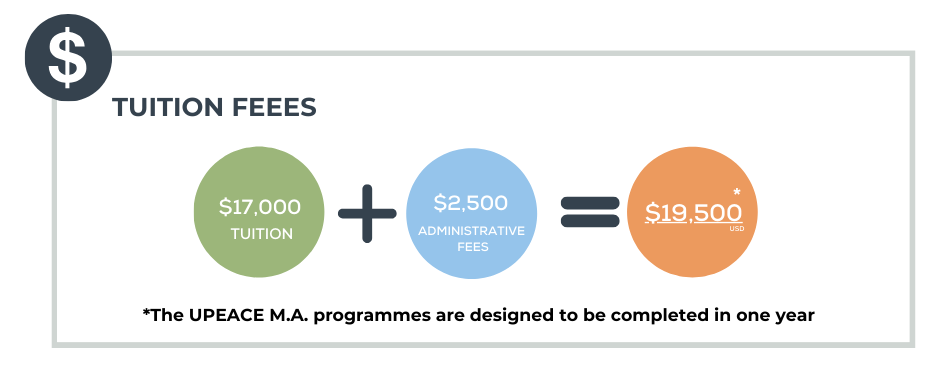
Conditions of UPEACE Scholarships & Financial Assistance
The prospective applicant has to be admitted to UPEACE in order to receive any possibility of financial assistance from the University, the latter of which is subject to the following conditions:
- The financial assistance awarded is non-negotiable.
- The scholarships/waivers do not apply to the US$ 2,500 administrative fee. This fee is mandatory for all students and is non-refundable if the student wishes to withdraw from UPEACE before completing his/her degree. Admitted students must comply with this financial obligation to UPEACE according to the required deadline outlined in their official admissions documents.
- Applicants are only eligible for one waiver category per application period. Waiver categories cannot be combined.
- If you receive a scholarship from another institution, you are obligated to inform the UPEACE Admissions Office, so that it can revert the waivers granted by UPEACE.
- Applicants eligible for a 50% waiver must apply directly through the UPEACE Admissions Office.
Automatic Scholarships/Waivers
30% Tuition Waiver (Automatic)

Available to M.A. and Doctorate students that meet one of the following criteria:
- Citizens of a State party to the International Agreement Establishing UPEACE
- Citizens of a State co-sponsoring the 2022 Resolution of the UN General Assembly on UPEACE
- Students who have received an undergraduate or graduate degree from a partner university (inquire with our Admissions Team)
- Peace Corps veterans
50% Tuition Waiver (Automatic)

Available to M.A. and Doctorate students that meet one of the following criteria:
- Professors from a partner university
- Costa Rican citizens and residents (host country)
- Current, full-time UN employees and volunteers
- Documented refugee or asylee
30% or 50% Tuition Waiver (Merit Based) – Available to Master’s applicants who do not belong to the above categories. These waivers are offered in limited number and will be awarded by merit, not financial condition. These waivers are not available to doctorate students.
ACCEPTING APPLICATIONS: Institutional call for postgraduate students from the Regional Program of the German Academic Exchange Service (DAAD)
Application Deadline: 30 April 2026
The call is aimed at applicants from:
- Belice,
- El Salvador,
- Guatemala,
- Honduras,
- Nicaragua,
- Panama,
- Dominican Republic.
Click here for more information.
Specialisations
You can apply for Environment Development & Peace (EDP) as a general degree or you can select one of our specializations. Please note that choosing a specialization is not mandatory and you can apply for EDP only.
Why choose a specialisation?
You may want to choose one of the following three specializations to help you focus on your degree. A specialization differs from the regular Environment Development & Peace (EDP) degree in two ways: 1) you will take the required courses for the specialization whereas for EDP you have more flexibility in courses, & 2) you will do your graduation project related to your specialization.
Environmental Security and Governance (ESG)
This specialization is designed for those wishing to work on global environmental governance issues. Students critically engage with issues concerning global environmental change and security. They will gain insights into different theoretical frameworks, institutional tools and practical techniques related to water, food, and climate change, among others. Specifically, environmental security and governance specialization students will take the following courses as part of their degree programme: Climate Change Governance; Water Security or Food Security; Environment, Conflicts and Sustainability.
Mandatory Courses:
- Climate Change Governance
- Water Security
- Environment, Conflicts, and Sustainability
Climate Change
Global climate change is one of the most pressing environmental issues of our time. Climate change specialists will be equipped with knowledge and skills related to climate change governance, adaptation and justice. Specifically, climate change specialization students will take the following courses as part of their degree programme: Climate Adaptation and Justice; Climate Change Governance; Environment, Conflicts and Sustainability.
Mandatory Courses:
- Climate Adaptation and Justice
- Climate Change Governance
- Water Security and Peace OR Sustainable Agriculture
Sustainable Food Systems
Sustainable food production and consumption is central to environmental sustainability, human health, and climate change adaptation. Sustainable food systems specialization students will acquire the skills and knowledge linked to sustainable agriculture and food security in theory and through visits to local communities and work on the UPEACE organic farm. Specifically, students of this specialization will take the following courses as part of their degree programme: Sustainable Agriculture; Food Security; Climate Adaptation & Justice or Climate Governance.
Mandatory Courses:
- Sustainable Agriculture
- Food Security
- Climate Adaptation & Justice
See a sample EDP academic calendar by clicking here.
DED Field Visits
Our programmes have highly practical components – several of our courses include field visits where we take students to visit different communities and projects throughout the country to offer hands-on learning experiences with our diverse and interdisciplinary community of collaborators in the field.
Our courses equip students with theoretical knowledge and tools to advocate for sustainable practices in diverse contexts. A concrete example is the greenhouse and garden in which our students can explore and experiment with sustainable agricultural practices to better understand the interrelationships between soil health, water protection, ecosystem dynamics, food security and circular economy, among others. We understand our greenhouse as a living laboratory in which our students play an important role throughout the academic year by planting, weeding, harvesting, watering, fertilizing and caring for their crops.
Please note that field trips can change from year to year.
Follow us on our Instagram to stay up to date about our activities and events! @upeace.ded
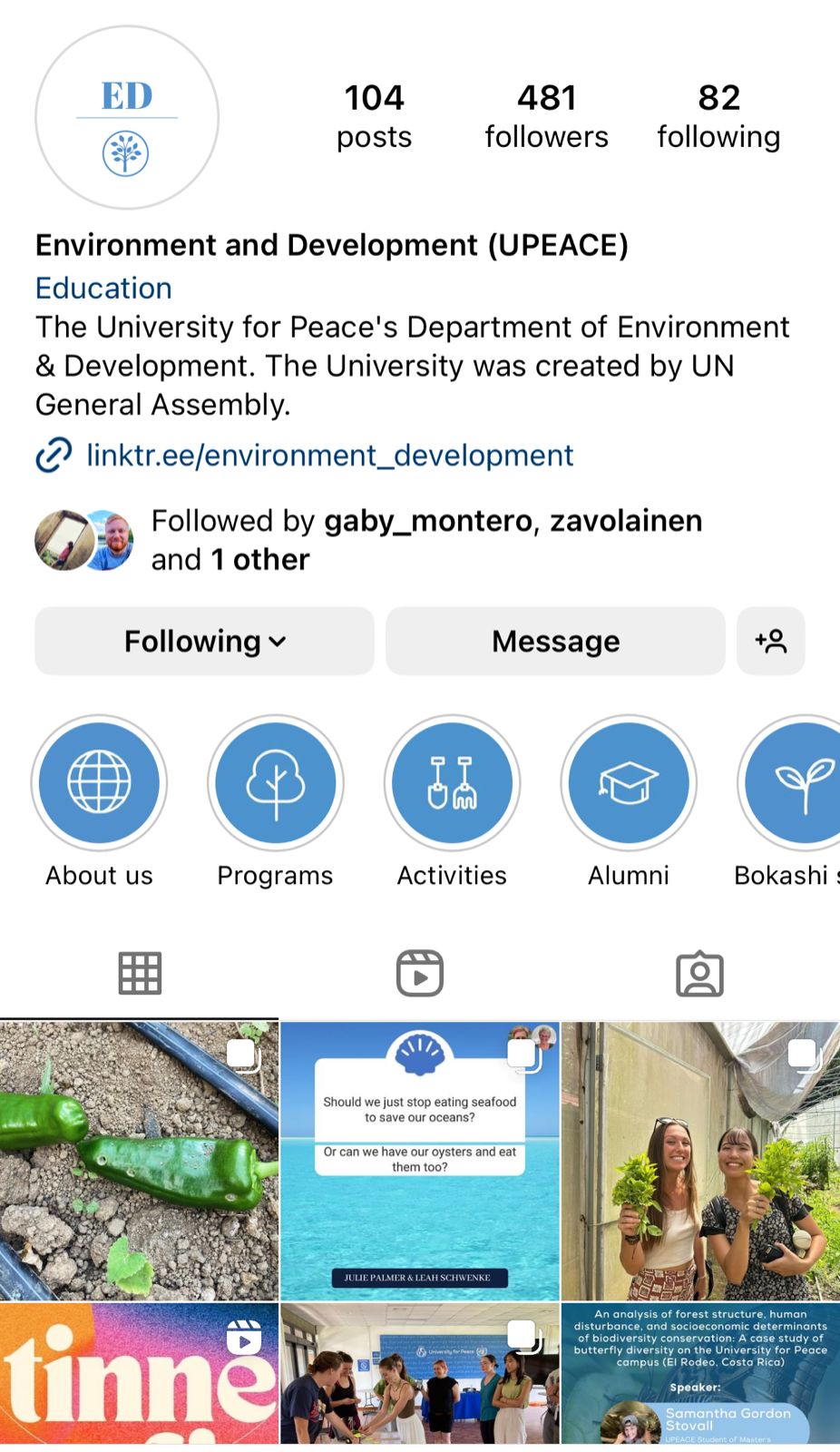
Frequently Asked Questions
What is the start date of this programme?
The start date of this programme is 19 August 2025.
How much does this programme cost?
The cost of the programme is $19,500.00 USD.
Can I pay for this programme in instalments?
Yes, this programme is payable in 2-3 instalments.
Is this programme available online?
No. This is a synchronous face-to-face program, with eventually some courses being taught online.
What is the duration of this programme?
The duration of this programme is 2 semesters of course work with an extended time of 6 months to complete the final graduation project (a capstone, internship, or thesis). It is approximately a total of 16 months.
What is the final graduation project?
Students have three options:
2. Internship
3. Thesis
3. Capstone
Is this programme offered part-time or full-time?
This is a full-time programme.
Where is the campus located and what are the nearby towns like?
The campus is located in El Rodeo de Mora, Colón, San José, Costa Rica. This is a rural area, up a small mountain that is 7 kilometres from the town of Ciudad Colón. Ciudad Colon is a small town with all services (banks, coffee shops, two large supermarkets, farmer’s markets, a park, multiple gyms, a swimming pool, and other stores). This town is around 15 kilometres from a large shopping mall and 20 kilometres from the capital city San José.
Is the campus accessible by public transportation?
UPEACE provides students with several free of charge shuttles throughout the day from Ciudad Colón to campus and back.
Is the accommodation included in the tuition fee?
Accommodation is not included in the tuition fee and needs to be covered by the student.
What does the housing situation close to the campus look like?
Once you are accepted in the programme, you will receive access to our housing platform where you can find different accommodation that best fits your needs and budget, either in El Rodeo (closest to UPEACE) or in the town of Ciudad Colón. Suggested housing accommodations include room in a host family, studio, apartment, or house which could be shared with other students. For further questions regarding housing, please contact our colleague and housing officer Alvaro Castro: acastro@upeace.org
How can I issue my visa for Costa Rica?
This is case specific, but in general, once you are accepted in the programme, UPEACE’s visa officer will guide you through the process of getting your visa. For further questions regarding visa, please contact our colleague and visas officer Cynthia Díaz: cdiaz@upeace.org
What is the admission process for this programme?
Once you submit your application, we will review your package and make sure all documents are as requested. Then we’ll forward your file to the programme evaluators to review and decide if you’re qualified for admission.
In what language is this programme taught?
The programme is fully taught in English.
What department does the EDP programme belong to?
This programme belongs to the Department of Environment and Development.
Where do students work after graduating?
Our alumni work in a variety of fields and organizations. Some work for the private sector, some government organizations, some for the United Nations, some for non-governmental organizations (NGOs), while others follow a career in academia.
Does UPEACE help students find internships?
Our department faculty and staff assist you in identifying options for potential internships. We have an extensive database of organizations where our students have done their internships over the years available for our students.
Are there field visits in this programme?
Yes, most of our courses have field trips. Some are day trips; some can be overnight.
On these field trips student get the opportunity to visit different communities and projects throughout the country and gain hands-on learning experiences with our diverse and interdisciplinary community of collaborators in the field.
Where are the professors in the programme from?
Our resident and visiting faculty members come from a variety of countries and backgrounds. We have professors from Canada, Costa Rica, Germany, United States.
